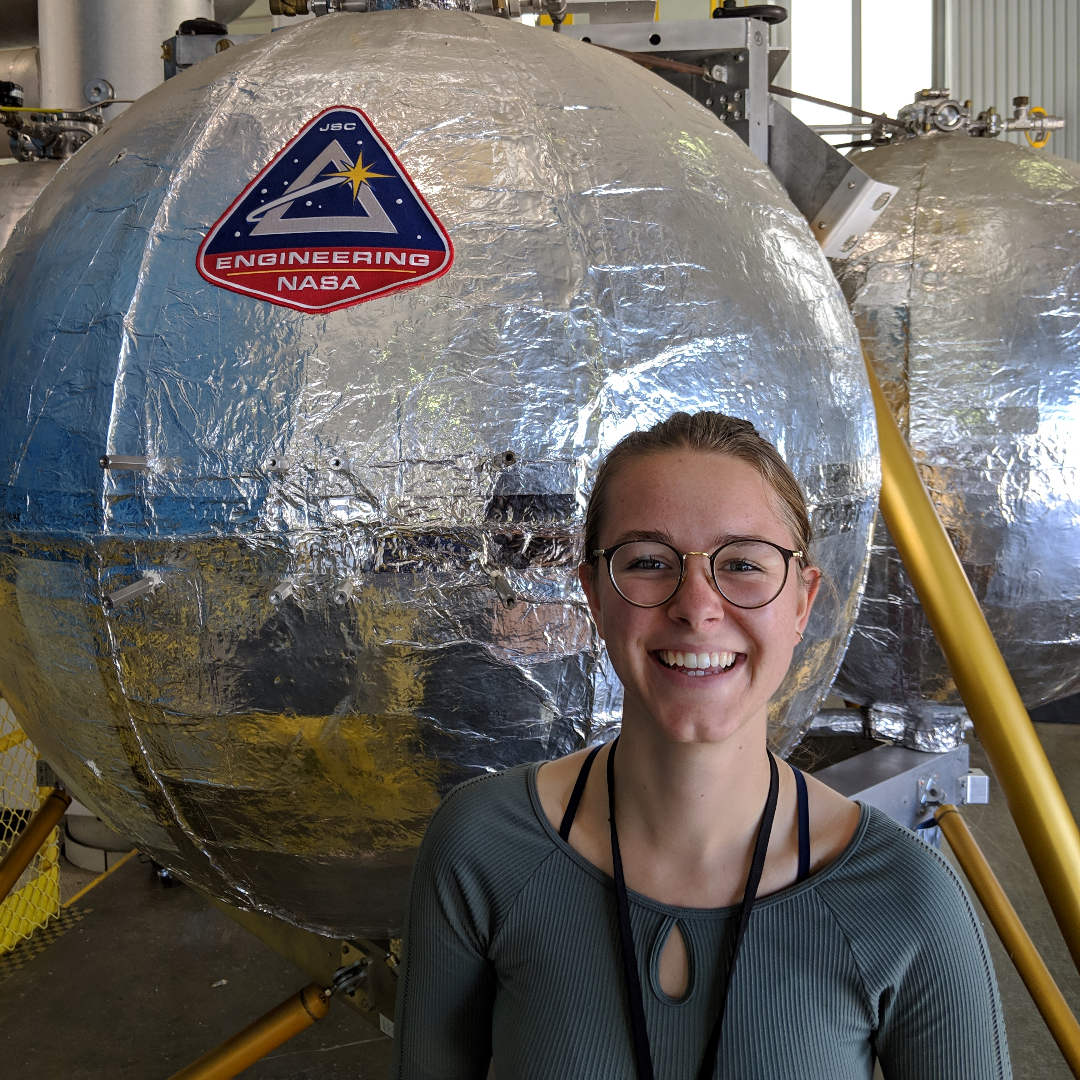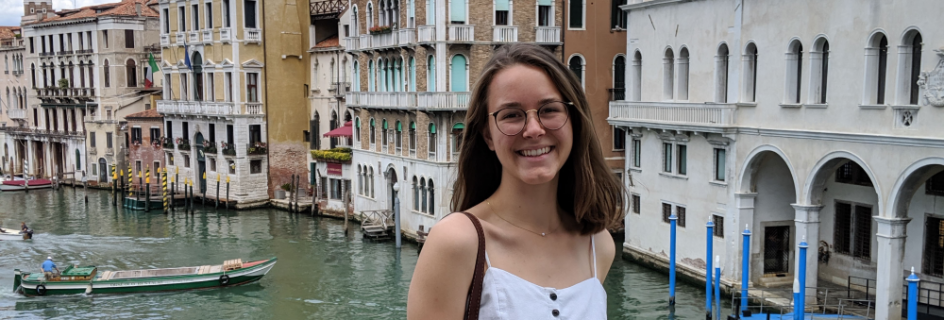Post date:
To mark UN International Day of Women and Girls in Science, we interviewed Alice Patig - a final year student on the MEng (Hons) Electronics and Electrical Engineering - to find out more about why she became interested in science and engineering.
Alice, who is based both in Munich, Germany and Waimea, Hawaii, shares her journey as an engineering student at Edinburgh so far, and advice for the next generation of women in STEM.
Why did you pursue engineering?
I wanted to become an engineer to advance technical solutions that help fight climate change.
Which areas interest you most and why?
Developing technically and economically feasible ways to integrate renewable energy resources in our energy networks excites me. This will help decommission conventional power plants which emit greenhouse gasses that contribute to climate change.
Tell us about the most interesting or rewarding experience you've had studying engineering at Edinburgh so far.
The master thesis at the ETH Zurich was my favourite experience so far. I developed software tools that let national power system operators balance energy supply and demand using distributed energy resources, like solar photovoltaic (PV) or electric vehicles.
It was rewarding to spend six months working on developing my skills, code, and ideas and publishing these.
How do you hope to use engineering in your future career?
I would like to continue researching future energy supply, perhaps through a PhD or a job at an energy network company.
Long term, I am hoping to advise future energy supply policy and/or teach at university level.
Is there any advice or inspiration you would share with the next generation of women, who might be considering studying a STEM subject?
People will doubt you (including yourself) but don’t let that stop you. Engineering is the way to use logic to address any interesting technical challenge in the world (and in space).
For example, I did an internship at NASA on space communication protocols, another one building sensors for the Extremely Large Telescope and one at Oxford’s Battery Intelligence Laboratory exploring batteries in future energy systems. Your possibilities as an engineer are endless!
When you're not studying, what do you enjoy doing?
When I am not studying, you will probably find me climbing, swimming in a loch or wild camping in the highlands, enjoying time with my friends.

Alice during her internship at NASA Glenn Research Center (GRC) in Cleveland, Ohio



